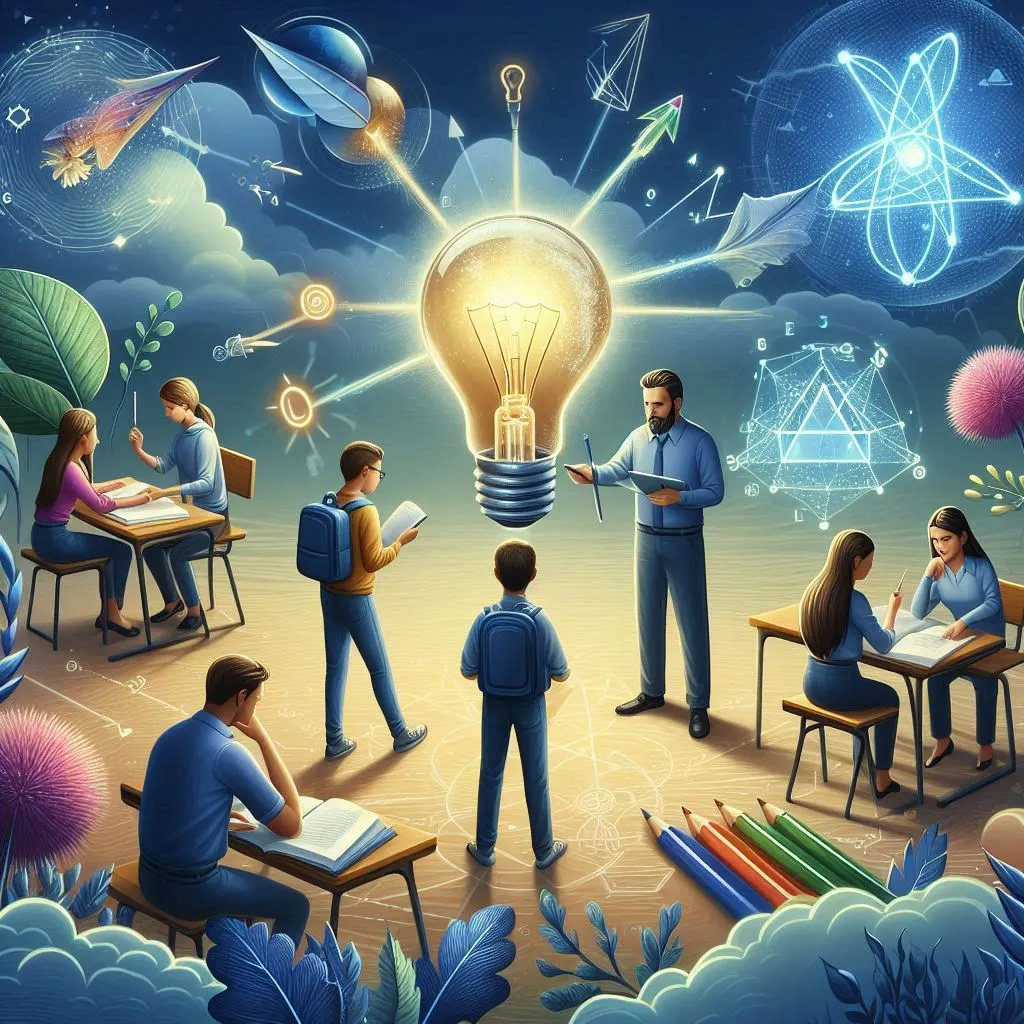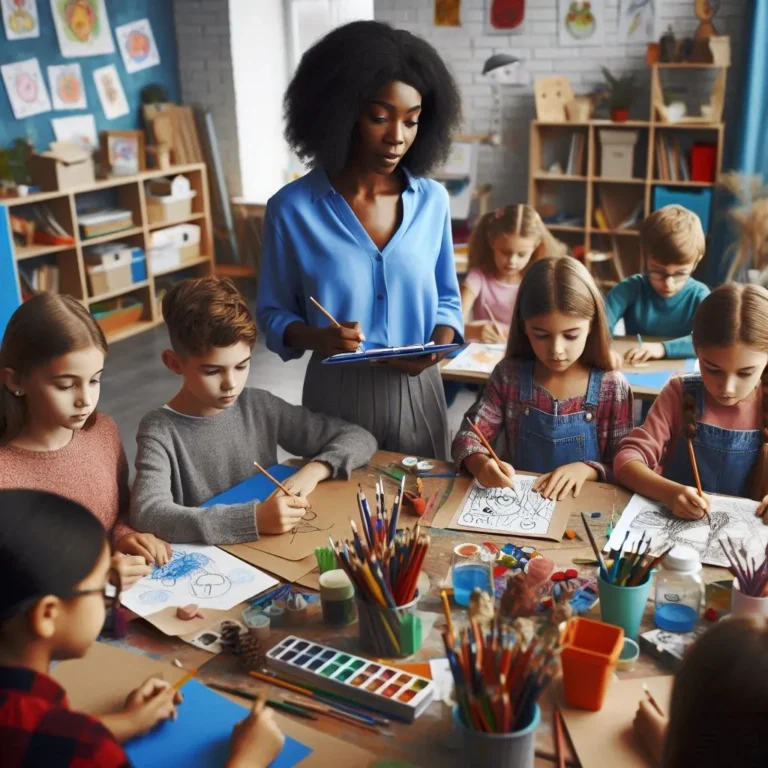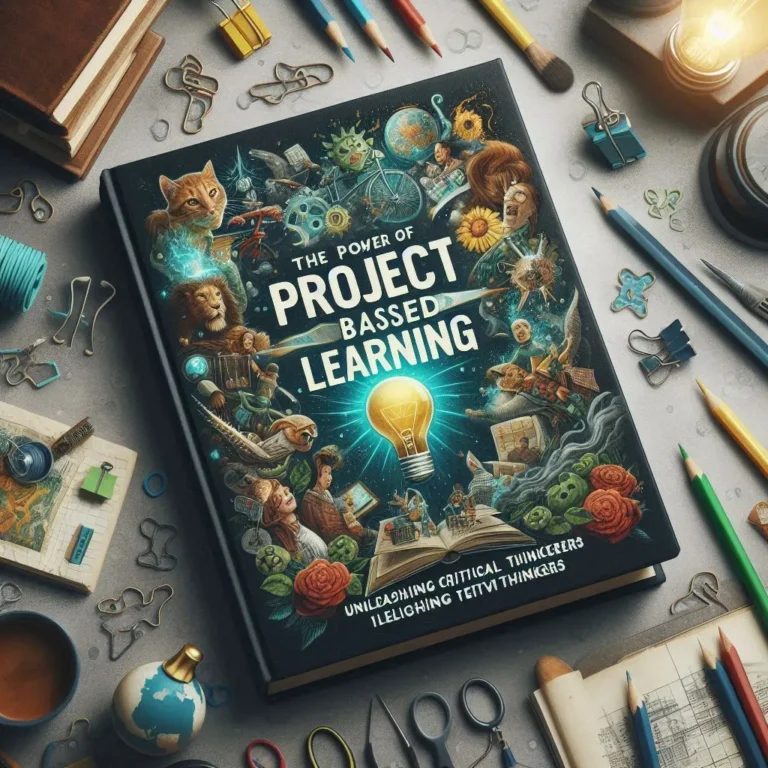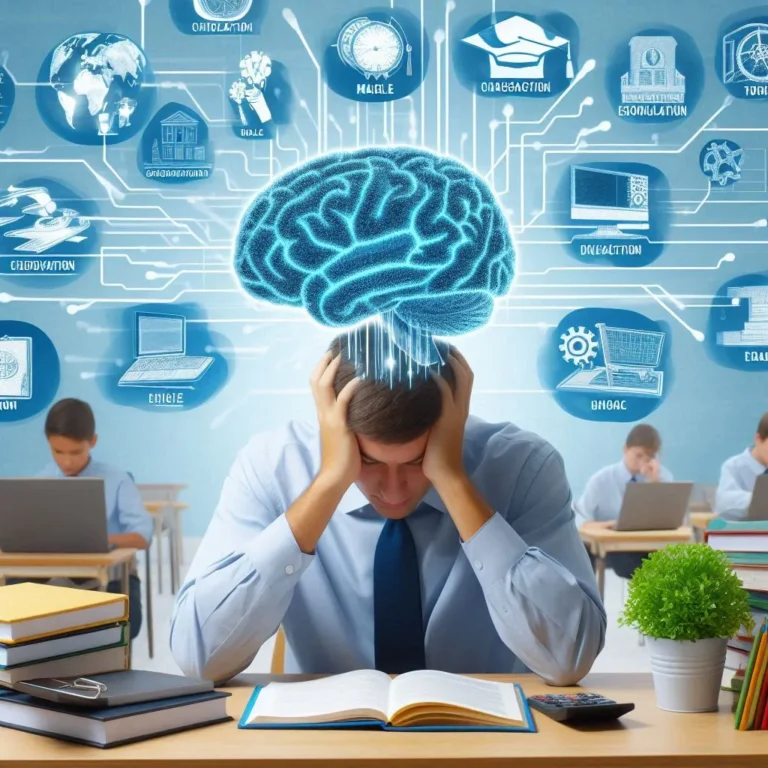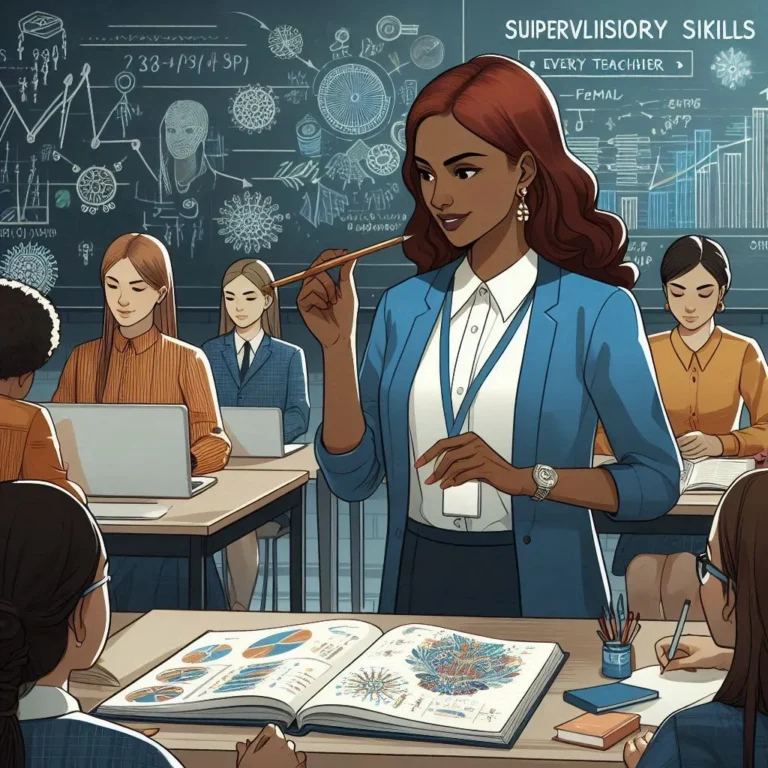The Impact of Teacher-Student Relationships on Student Outcomes 2024
Table of Contents
Teachers As Influences: How the Impact of Teacher-Student Relationships Results in Positive Student Outcomes
Chapter 1: The Beat of the Learning Heart
Step into a classroom where each student is greeted by name, the teacher remembers their favourite pastime and truly desires to see them succeed. This is not only an inspirational state, it has the potential to truly influence student outcomes in meaningful ways. Teachers and Students are the heart, beat of effective education. When students feel that they belong, heard and seen…they perform better academically & socially (& emotionally).
The attributes of successful teacher-student relationships and outcomes lead this article through the lived experiences of students around their teachers, who are significant in impacting performance.
Success In School Is More Than Academic.
Let me start with academic success. Great for students in a bonding relationship with their favourite teacher that helps them want to participate and learn. Think about Mrs. Johnson, a high school maths teacher who gets to know the different ways her students learn; Outdoor education for man and nature One of her quite pupils had a difficult time with algebra.
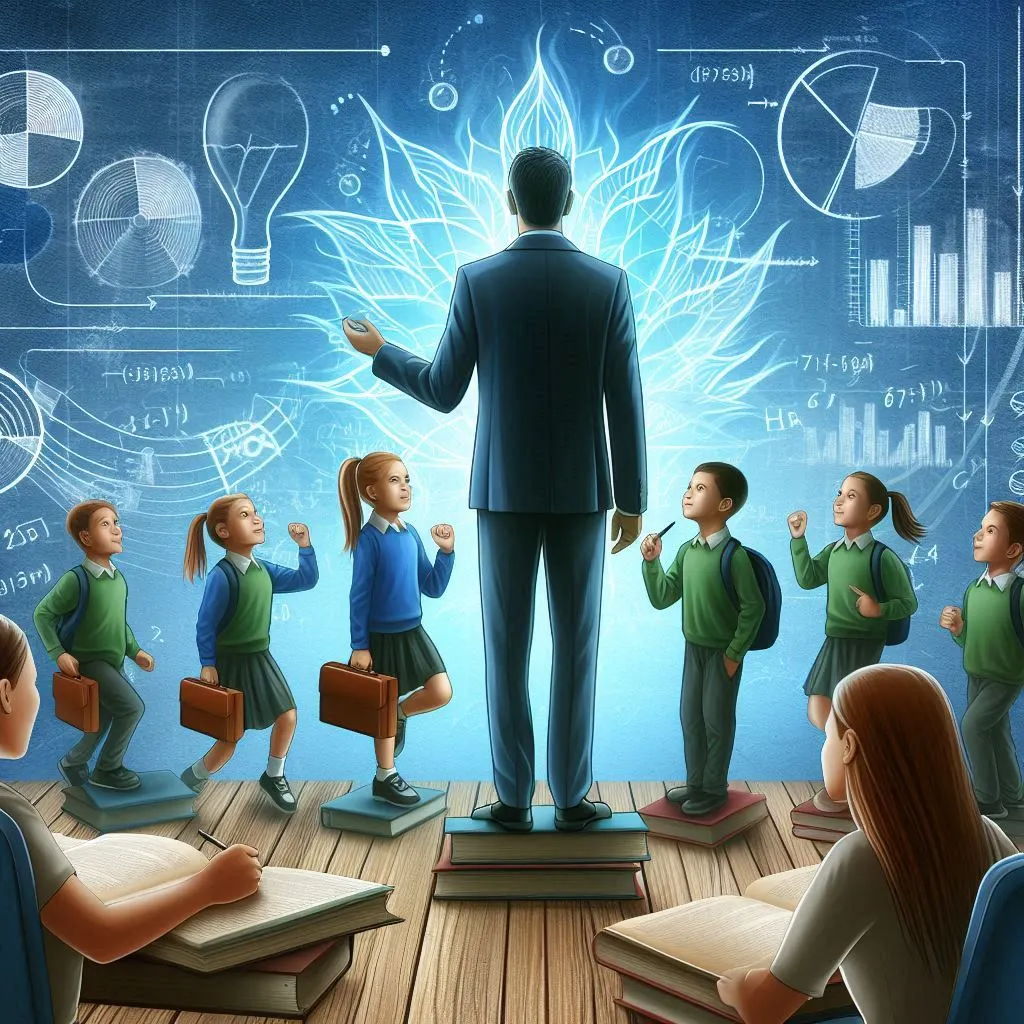
When she did start falling behind Mrs. Johnson was there to provide one-to-one tuition, teaching Sarah in a way that she felt comfortable and wouldn’t feel embarrassed about asking questions (as an 11 year-old girl). The individualised attention made Sarah feel much more confident and her grades improved greatly. Such stories are not rare. Research indicates that students who perceive their teachers to be supportive are more likely to come to class, do the work and score well on tests.
Social Development: Laying the Groundwork
Instead, academic achievements are just one part of the overall picture. In addition, strong relationships between teachers and students have important consequences for the social development of children. >> Like Mr. Lopez, a friendly elementary English teacher. He saw another kid there, Jake a new student that was having a little social interaction.
Jake was not isolated to one area of the room and Mr. Lopez led group activities which involved cooperation and sharing, similar to that he had at home involving his sisters so Jake learned where he belonged in this community as well. Our educators, such as Mr. Lopez are making space for those entrepreneur minded to practice social growth – empathy, leadership and teamwork / conflict resolution.
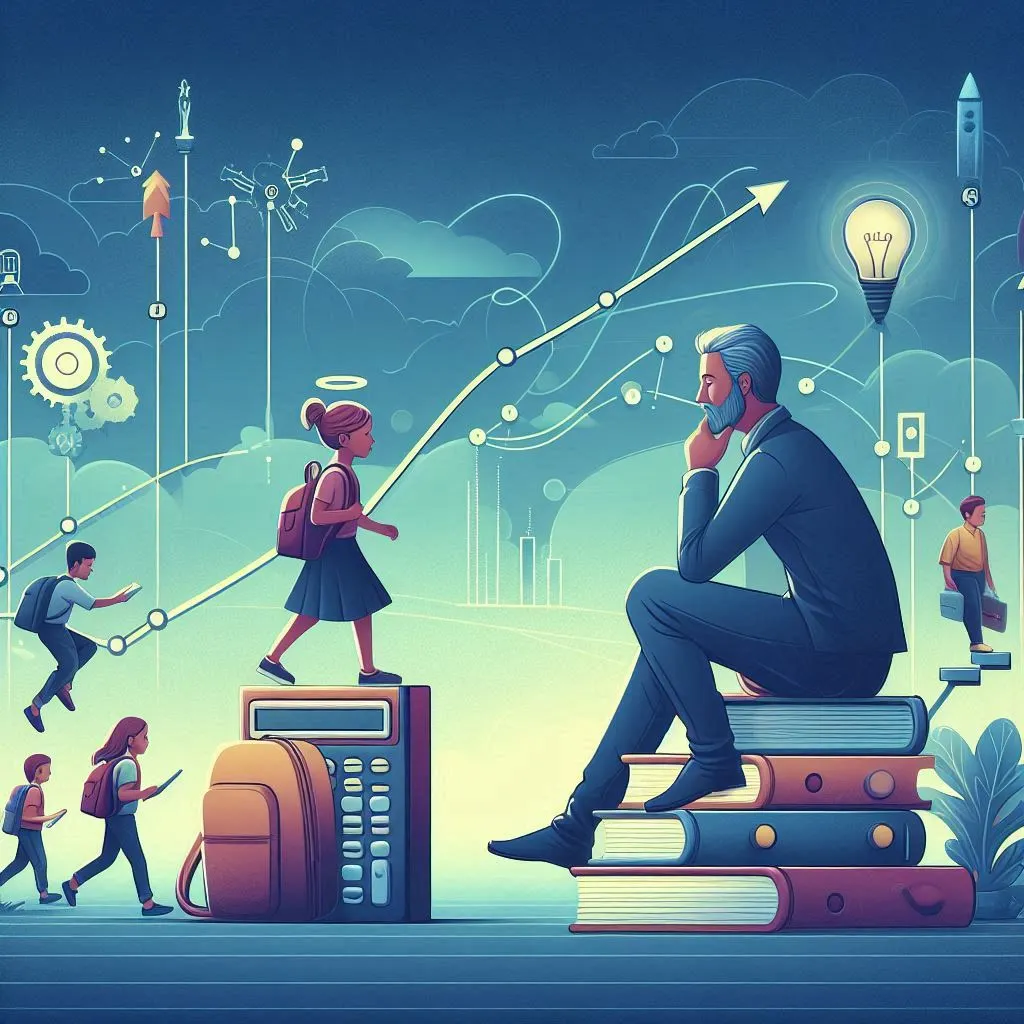
mapping our arenas of influence so that it supports the youth we serve is an opportunity not only missed but possibly lost forever, they say change your world before changing others@Elf Equally important, these are assets that also make them successful in school and beyond within social environments.
Mental Health: Developing Safer Spaces
Another important field affected by the relationships between teachers and their students, is his emotional-sphere. Picture 12-year-old Emily, a middle schooner experiencing difficulty in her home life. She is doing horribly in school and kind of closed off. One day, her teacher Miss Brown realises what is happening and pulls Emily aside for girl talk.
Ms. Brown listens and shows genuine care – allowing Emily to open up about some of her emotions in a safe space or environment. This can be an absolute lifeline for students who are struggling with personal matters and trying to cope as well lowering their stress. Students are able to concentrate on learning and enjoy their time at school when they feel emotionally safe.
Real Life Impact-Transformational journeys
For an example of the trans formative power teacher-student relationships, we need only to look at stories like this. Take the high school science teacher, Mr. Thompson Michael was a student of his, who had become infamous for playing around in class. When Michael showed up to work, Mr. Thompson did not penalise him – he simply wanted to know why it happened in the first place.

It was through regular, even too frequent communication coupled with positive reinforcement that Mr. Thompson learned of Michael’s love for tech. Charles urged Michael to participate in the middle school’s tech club and challenged him to be productive HTTP Request though he was. Michael eventually cleaned up his act and managed to win a state technology competition. Through this transformation we see just how far a committed teacher can go to change the course of their student.
Conclusion: The Ripple Effect
In a nutshell, the teaching-student relationship expands way beyond classroom constituents. It influences academic achievement, social development and emotional well-being. By taking time to invest in these relationships, teachers foster an environment where children are able to flourish. This was the truth for Mrs.
Johnson, Mr. Lopez, Ms Brown and Mr Thompson – their stories ultimately show us how these relationships can become trans formative bonds of love opportunities; from dog poop to a new found best friend or simple life advice,. Moving forward, it is important that we honour the bulwark of teacher-student connection in education. In doing so we make the discipline safer for all students worldwide.
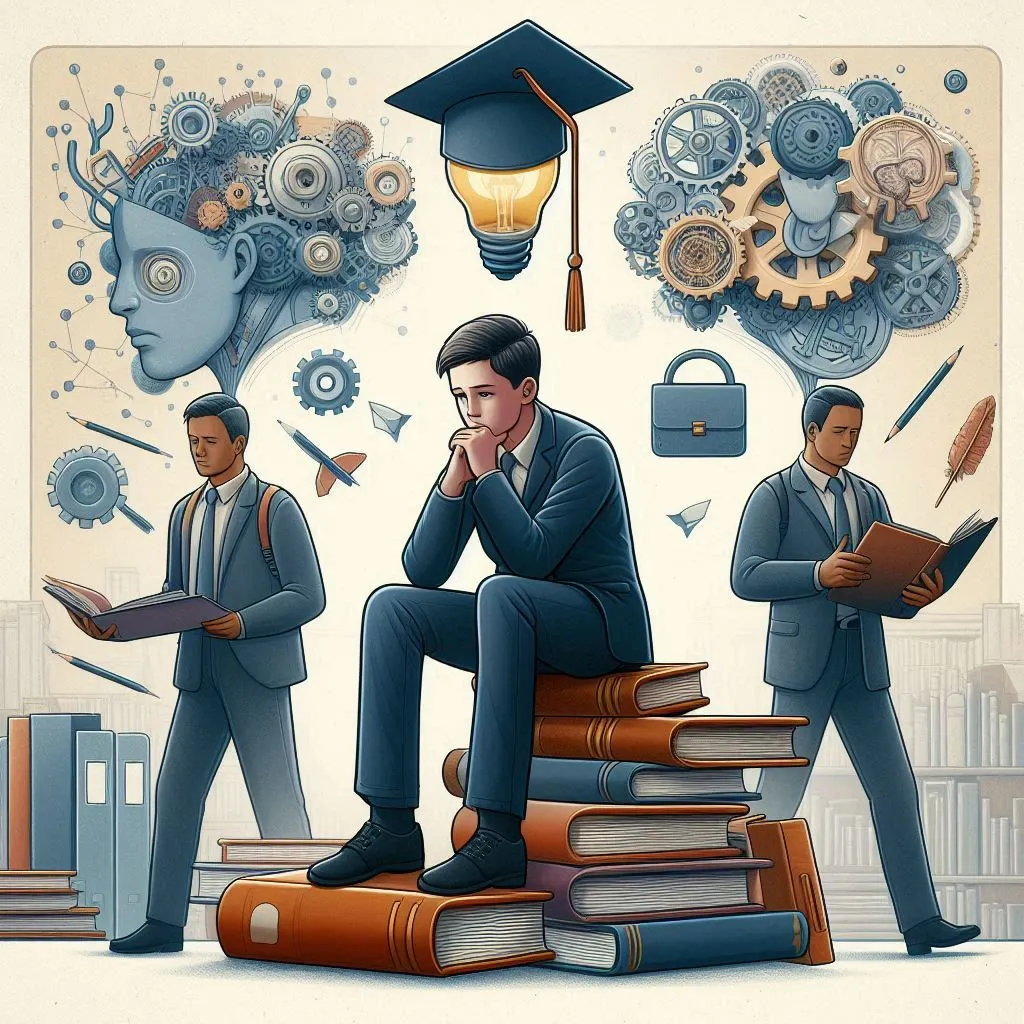
FAQs
What is the effect of teacher-student relationship on academic performance?
Aside from student bullying, relationships with teachers have a large influence on success rates; specifically the positive interaction achieved between students and pupils foster an environment that claims to make learning challenging yet free of negative criticism.
When the students believe that they belong and are seen, their engagement in class improves -they carefully attend to tasks; complete assignments on time-which always directly supports academic success. Teachers who acknowledge that students learn differently from one another will be able to cater their pedagogy in a way mattering most for the student, and as such leading to more developed understanding and retention of material.
Does a Good Teacher-Student Relationship Lead to Better Student Behaviour?
Why, yes: having a strong teacher-student relationships can have positive impacts on student behaviour. Students who feel respected and supported by their teachers are more likely to engage in positive classroom behaviour. From the perspective of addressing more problematic behaviour, it is essential that teachers work toward building safe relationships where students are comfortable communicating their values and decisions to appropriate adults who can help mediate those encounters respectfully.
Effects of Teacher-Student Relationships on Social Skills
Teacher-student relationships are important pillars for nurturing social skills. Educators who set the groundwork for inclusive and cooperative spaces promote student interaction, communication, and collaboration. Such interactions contribute to building important social skills like empathy, team work and conflict resolution that are required for success both in the classroom also outside it
Support for Student Emotional Well-Being from Teachers – What is the Role?
Providing a safe and nurturing learning environment is an elementary job of teachers in ensuring students’ emotional well-being. They can offer students emotional support by being available to catch up with what is going on in their lives, listen if they have any concerns and give them encouragement. Understanding and empathetic teachers can support students through personal issues, leading to lower stress levels overall and a more positive school experience.
Does it actually pay off to have good relationships with your students?
Absolutely. Strong teacher-student relationships have benefits beyond just improvements in academic and behaviour outcomes. Students who have positive experiences with teachers will carry those memories throughout their life and come out more confident, resilient adults who truly love to learn. At this crucial stage, these long-term benefits can lead to their all-over success and well-being in life.
Ways to Meaningfully Connect with Your Students as a Teacher
Approachable-Teachers can also be relatable with their students by simply being someone who is easy to come up and talk to.Genuine Interest in Life-A nice addition would have them taking a vested interest into the lives of your child, as well as asking questions about things like school or hobbies. Helpful Teaching Strategies That Work Every Time.-As a teacher take an active approach when providing assistance.
At the same time, something as simple as greeting students by name or listening to them can go a long way. This will go a long way in fostering relationships when there is an atmosphere within the classroom where every student feels as though they are being cared for and respected.
If you have any questions or need more information, do not hesitate to ask me!

